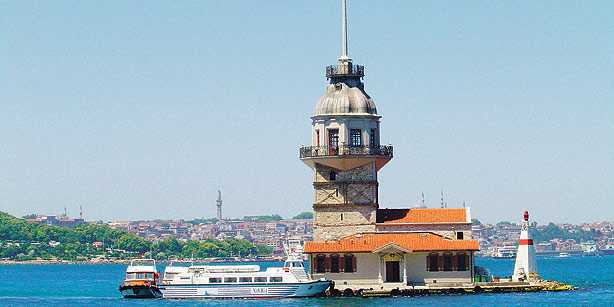GENEVA (AP) — Israel will almost surely boycott the next U.N. racism conference in Geneva, its ambassador said Wednesday, warning that the meeting is likely to sink into the same anti-Semitism that prompted the U.S. and Israel to walk out of the last one seven years ago.
Itzhak Levanon, the Jewish state’s departing U.N. envoy in Geneva, said the event April 20-25 would need to be completely reworked for Israel to participate.
But with Libya chairing preparations, and Iran and Cuba also involved, Levanon said the Geneva follow-up to the contentious 2001 conference in the South African city of Durban had the making of another international “bashing of Israel.”
“We want them to discuss human rights, and not only focus on Israel and turning this into an anti-Semitic event,” he said in an interview with The Associated Press. “We will attend the meeting only if there is a radical, substantive change.”
Canada is the only country that has explicitly said it will not take part in “Durban II,” arguing the meeting will promote racism and not combat it.
The Bush administration has taken a symbolic position opposing the conference. In December, Washington cast the only “no” vote when the U.N. General Assembly passed a two-year budget because of objections to funding for the conference.
The State Department has said, however, that a decision whether to attend will be made closer to the time of the conference.
In 2001, the World Conference Against Racism ended three days before the Sept. 11 attacks, with a declaration and program of action that divided countries even as they agreed to it.
Dominated by clashes over the Middle East and the legacy of slavery, the U.S. and Israel walked out midway through the eight-day meeting over a draft resolution that singled out Israel for criticism and likened Zionism — the movement to establish and maintain a Jewish state — to racism.
Those references were removed from the final declaration, though it did cite “the plight of the Palestinians” as an issue.
A parallel forum of non-governmental organizations, however, branded “Israel as a racist apartheid state” and called for an end to the “ongoing, Israeli systematic perpetration of racist crimes, including war crimes, acts of genocide and ethnic cleansing.”
Levanon said the anti-Israel speeches at Durban were a “shame” and that Israel would not have any part in a repetition. But he said the nations that led the attacks on Israel have offered no encouraging signs that the next meeting will be different.
“Yes, the Europeans say it should not be anti-Semitic and the Israelis are demanding a focus on human rights around the world,” he said. “But what about those that did the bashing? They’ve said nothing.”
Source: AP, 06 Agust 2008





